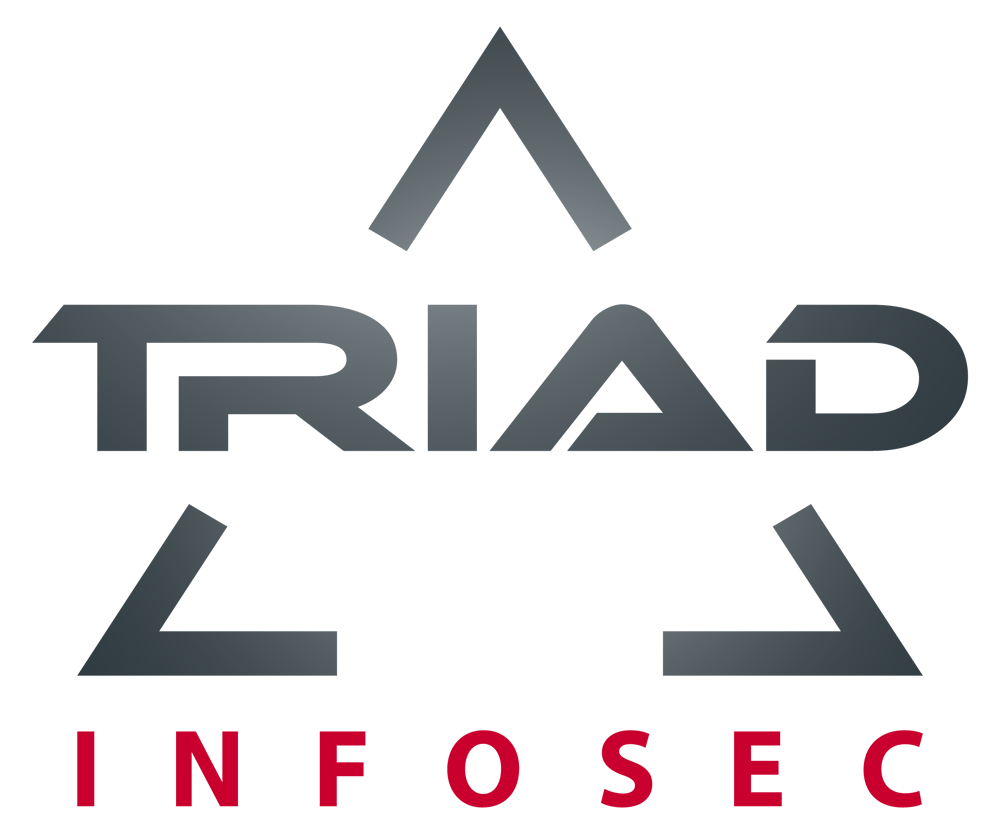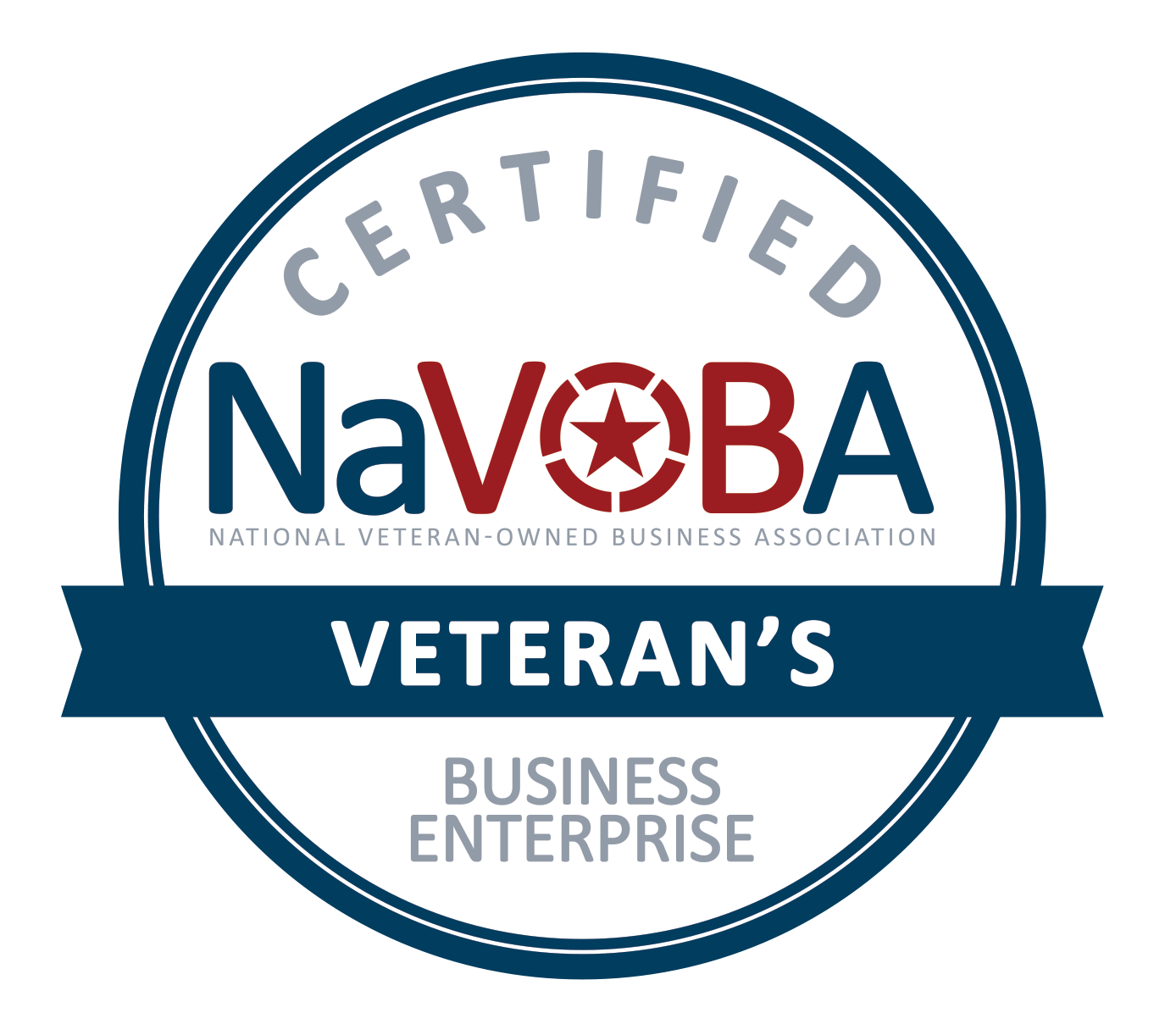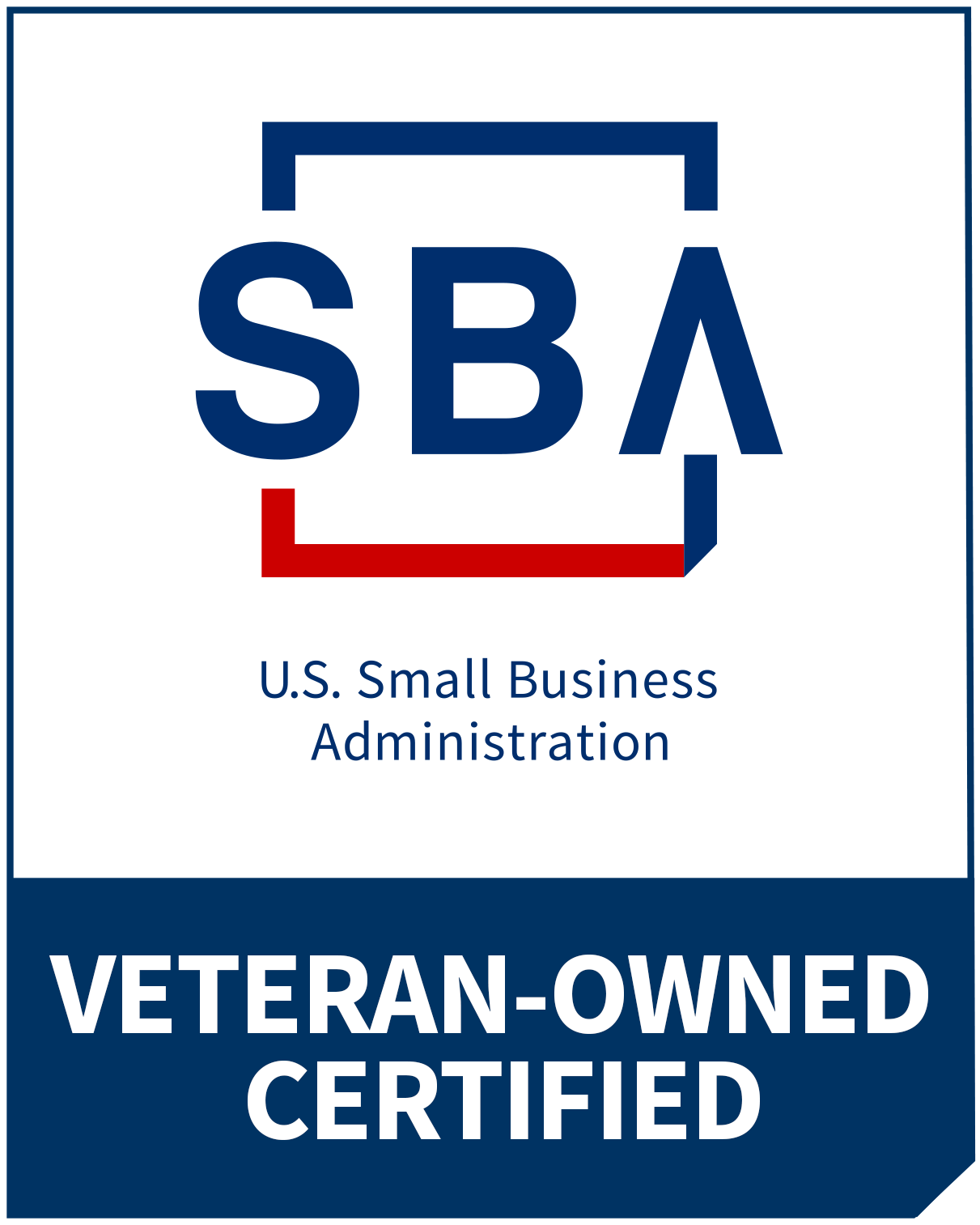
FTC Safeguards Rule: What Your Business Needs to Know
As the name suggests, the purpose of the Federal Trade Commission’s Standards for Safeguarding Customer Information – the Safeguards Rule, for short – is to ensure that entities covered by the Rule maintain safeguards to protect the security of customer information. The Safeguards Rule took effect in 2003, but after public comment, the FTC amended it in 2021 to make sure the Rule keeps pace with current technology. While preserving the flexibility of the original Safeguards Rule, the revised Rule provides more concrete guidance for businesses. It reflects core data security principles that all covered companies need to implement.
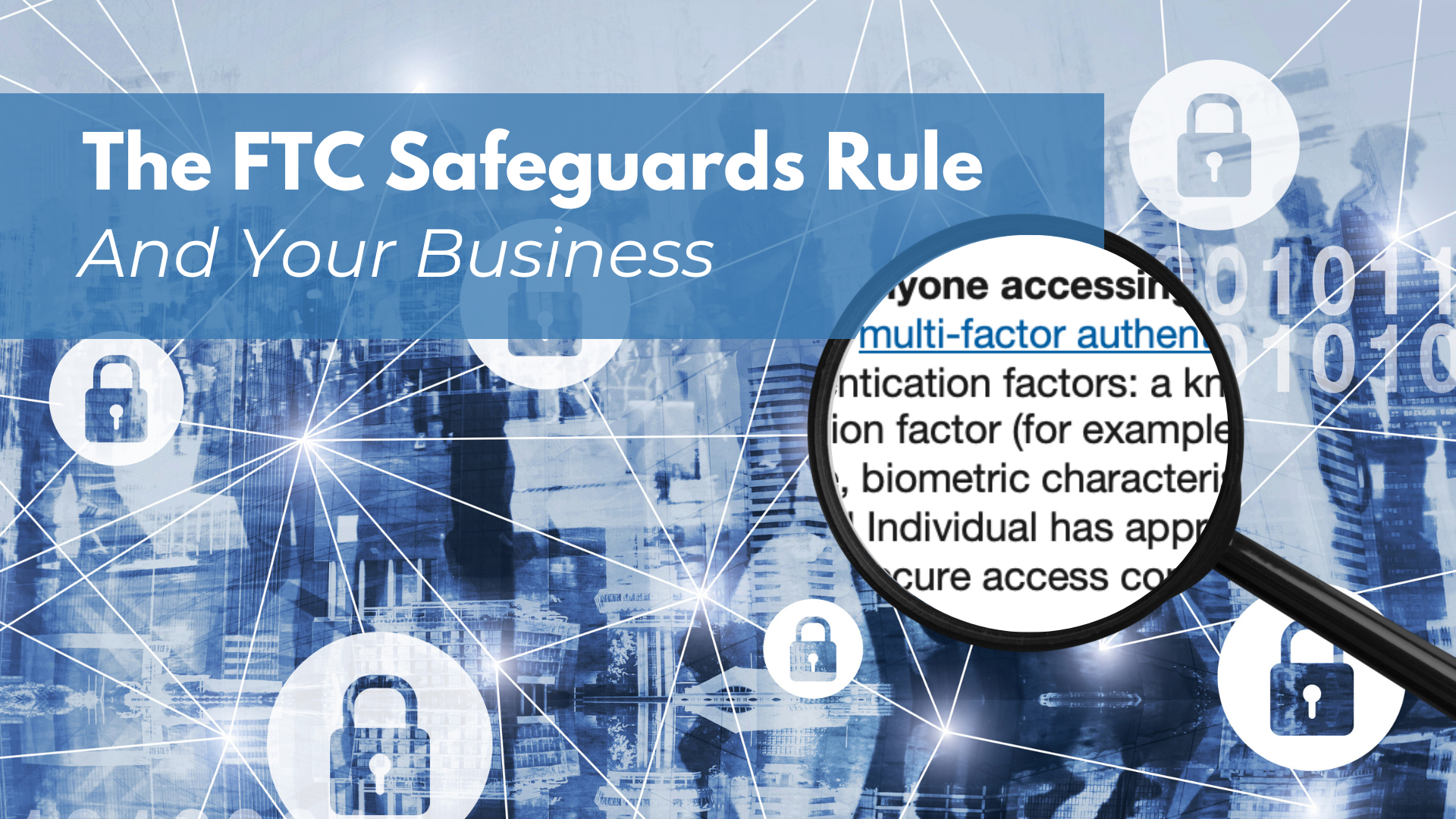
Who’s covered by the Safeguard Rule?
To help you determine if your company is covered, Section 314.2(h) of the Rule lists 13 examples of the kinds of entities that are financial institutions under the Rule, including mortgage lenders, payday lenders, finance companies, mortgage brokers, account servicers, check cashers, wire transferors, collection agencies, credit counselors and other financial advisors, tax preparation firms, non-federally insured credit unions, and investment advisors that aren’t required to register with the SEC.

A quick look at who the FTC Safeguards Rule affects.
All covered entities that maintain more than 5,000 customer records and have a “continuing relationship” with their customers
Continuing relationship. A consumer has a continuing relationship with you if the consumer:
(A) Has a credit or investment account with you;
(B) Obtains a loan from you;
(C) Purchases an insurance product from you;
(D) Holds an investment product through you, such as when you act as a custodian for securities or for assets in an Individual Retirement Arrangement;
(E) Enters into an agreement or understanding with you whereby you undertake to arrange or broker a home mortgage loan, or credit to purchase a vehicle, for the consumer;
(F) Enters into a lease of personal property on a non-operating basis with you;
(G) Obtains financial, investment, or economic advisory services from you for a fee;
(H) Becomes your client for the purpose of obtaining tax preparation or credit counseling services from you;
(I) Obtains career counseling while seeking employment with a financial institution or the finance, accounting, or audit department of any company (or while employed by such a financial institution or department of any company);
(J) Is obligated on an account that you purchase from another financial institution, regardless of whether the account is in default when purchased, unless you do not locate the consumer or attempt to collect any amount from the consumer on the account;
(K) Obtains real estate settlement services from you; or
(L) Has a loan for which you own the servicing rights.
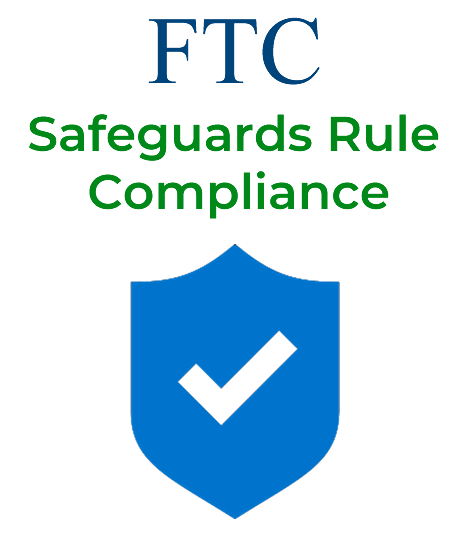
Standards for safeguarding customer information.
Information security program. You shall develop, implement, and maintain a comprehensive information security program that is written in one or more readily accessible parts and contains administrative, technical, and physical safeguards that are appropriate to your size and complexity, the nature and scope of your activities, and the sensitivity of any customer information at issue. The information security program shall include the elements set forth in § 314.4 and shall be reasonably designed to achieve the objectives of this part, as set forth in paragraph (b) of this section.
Objectives. The objectives of section 501(b) of the Act, and of this part, are to:
(1) Insure the security and confidentiality of customer information;
(2) Protect against any anticipated threats or hazards to the security or integrity of such information; and
(3) Protect against unauthorized access to or use of such information that could result in substantial harm or inconvenience to any customer.
FREE Success Guide
Fill out the form below and receive a FREE Success Guide with submission.
